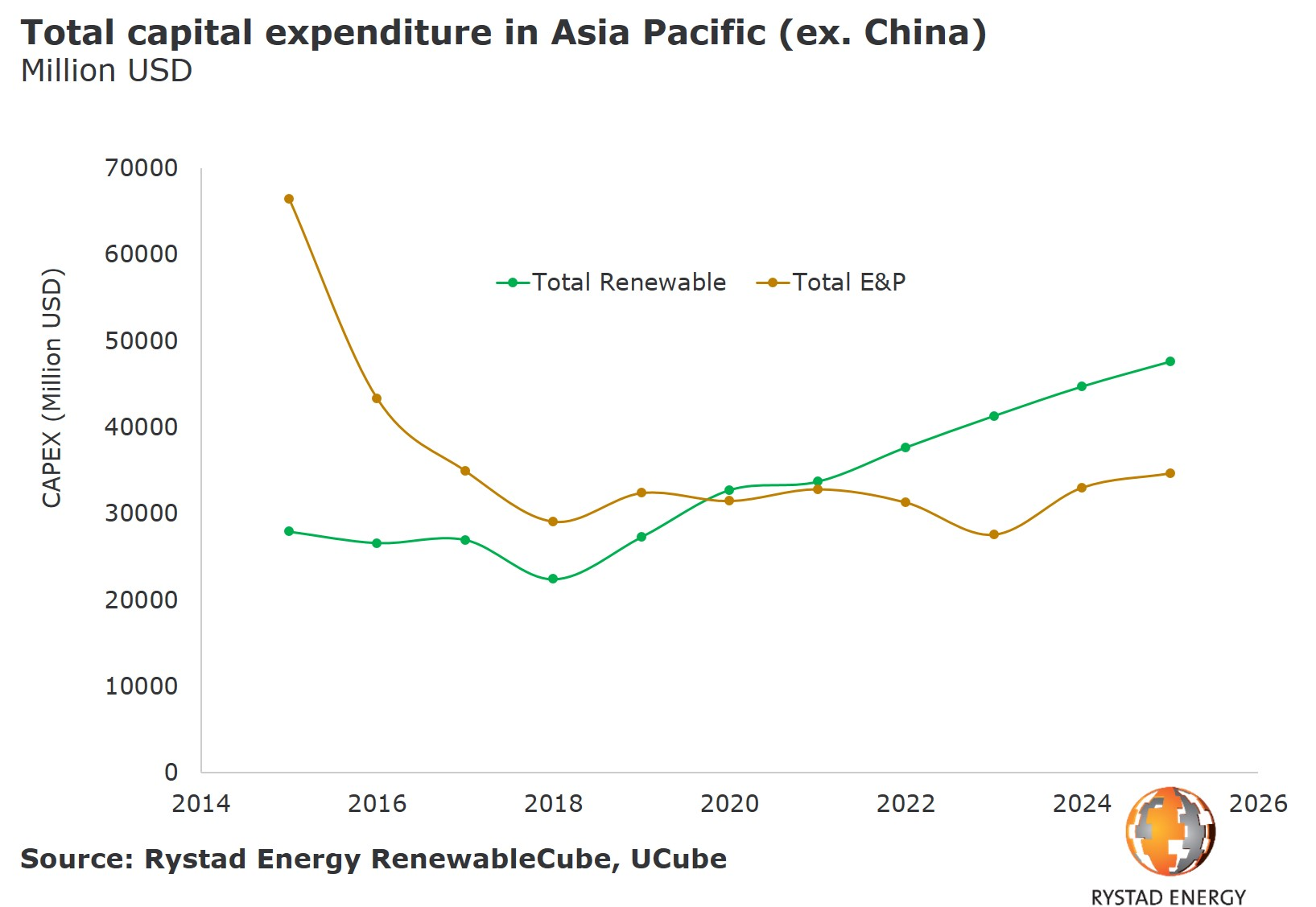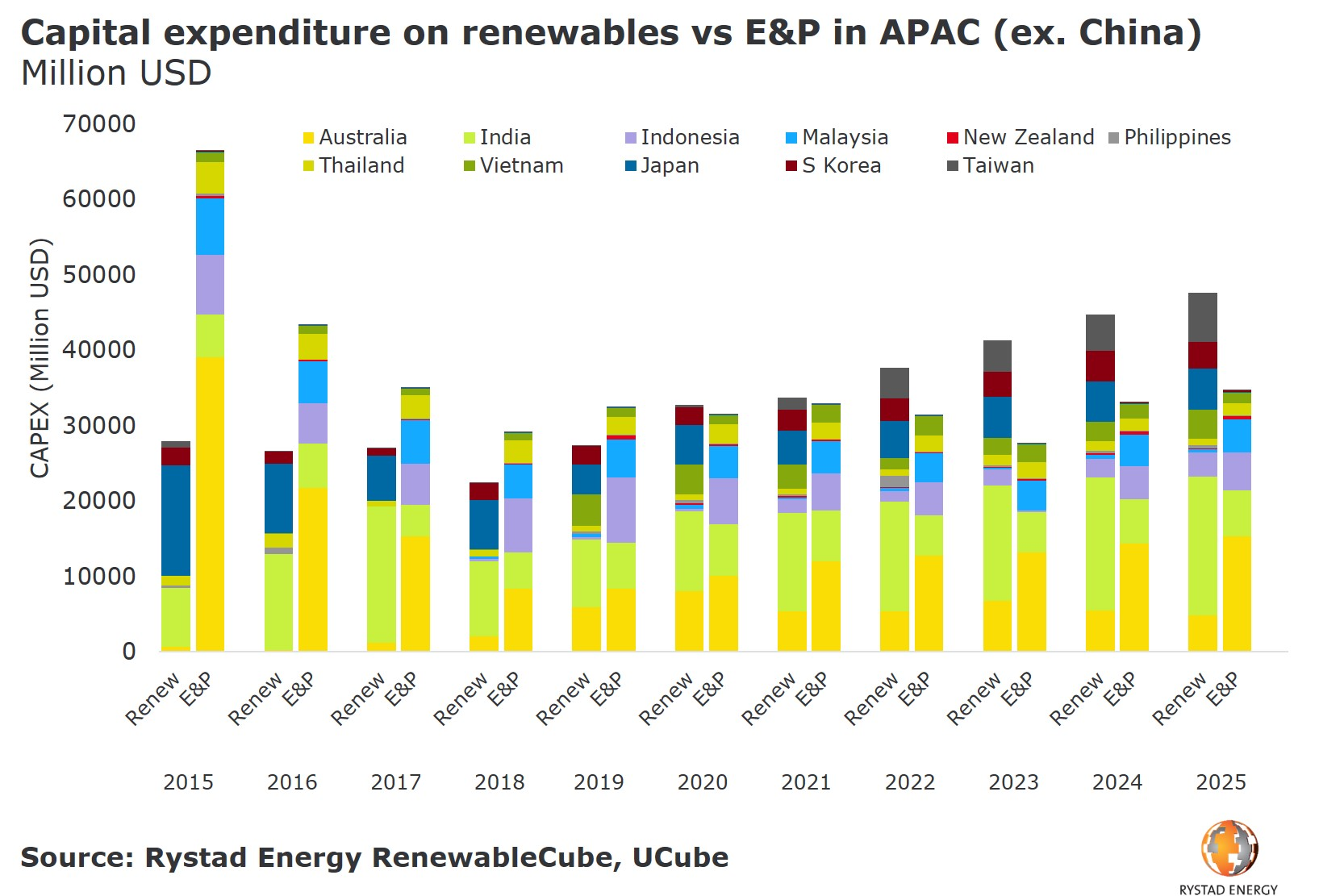EIB to stop investing in fossil fuel projects
The European Investment Bank will stop funding fossil fuel energy projects from the end of 2021, under its New Energy Lending Policy.
In what it described as a „quantum leap“ in its climate action and environmental sustainability ambitions, the EIB has said it will stop financing fossil fuels and that it will launch “the most ambitious climate investment strategy of any public financial institution anywhere.”Under the revised energy lending policy, the EIB has said it will no longer consider new financing for unabated, fossil fuel energy projects, including gas -which has been seen as the least polluting fossil fuel – from the end of 2021 onwards.
More specifically, the move implies that EIB end support to the production of oil and natural gas; traditional gas infrastructure (networks, storage, refining facilities); power generation technologies resulting in GHG emissions above 250 gCO2 per kWh of electricity generated, averaged over the lifetime for gas-fired power plants seeking to integrate low carbon fuels; and large-scale heat production infrastructure based on unabated oil, natural gas, coal or peat.
Phasing-out support for fossil fuel projects reflects a decision by the Bank to focus its limited resources on investments needed to meet the EU 2030 targets.
“The Bank acknowledges that fossil fuels will continue to play a role within the global energy system up to 2030 and that switching from oil or coal to natural gas may reduce greenhouse gas emissions in the short term. These investments are very likely to take place even without EIB financing,” EIB said.
Going forward, the bank has said it will aim to support EUR 1 trillion of investments in climate action and environmental sustainability “in the critical decade from 2021 to 2030.”
EIB Vice-President Emma Navarro, in charge of climate action and environment, said: “To meet the Paris climate goals we urgently need to raise our level of ambition and this is precisely what we have done today. Two weeks before the United Nations climate change conference in Madrid, these decisions send an important signal to the world: The European Union and its bank, the EIB, commit to mobilize investments on an unprecedented scale to support climate action projects around the world. In addition, we commit to align all EIB Group activities with the principles and goals of the Paris agreement by the end of 2020. Any financing that is not green will be made sustainable, according to the requirements of the Paris deal.”
Woodmac: Tide might turn on gas as it has on coal
Commenting on EIB’s move energy intelligence group Wood Mackenzie’s research director Nicholas Browne said: “The EIB’s new financing criteria will make lending to gas projects very difficult. It highlights that gas is also increasingly in the spotlight of the climate debate.
“When burnt, gas releases less carbon dioxide, nitrogen and sulfur oxides than coal and oil. Furthermore, coal-to-gas replacement has had a profound impact on air quality in northern China to the huge benefit of public health. It also has significantly lower full life-cycle carbon emissions than coal. However, while the comparative combustion benefits are undoubted, the sector may not be able to rely exclusively on this argument to make the case for gas and LNG. The benchmark looks like it will be set higher. Gas and LNG may be better but are they good enough?
“Methane and carbon dioxide are lost to the atmosphere by creating LNG through a combination of vents, flares, liquefaction, regasification and pipeline leakage. Currently, there is no consistent method of assessing the data through the value chain for how much gas is lost by the time it reaches a consumer. However, media reporting and political scrutiny of this issue will intensify. This might increase the risk that the popular and political tide turns on natural gas like it already has on coal in most countries. If this does occur, it may slow the rate of growth of gas and LNG demand. In turn, this would be a major strategic challenge for companies that have identified gas as the key driver of future growth.
He said there was no industry consensus on how or whether companies should act to mitigate this risk. He said: “There are some industry bodies such as the Oil and Gas Climate Initiative that are seeking voluntary reductions through their members. Additionally, several governmental bodies are seeking to introduce more data transparency to this question. However, if voluntary measures don’t prove enough, more restrictive environmental measures could be introduced due to shareholder pressures such as what we’ve seen with the EIB guidelines.
“Beyond financing, it is possible that the debate could start to impact procurement decisions from carbon-intensive projects and portfolios, likely accelerating carbon capture, carbon offsetting and electrification of liquefaction. This year already saw the first carbon neutral LNG cargoes delivered while several companies are implementing or investigating using renewable power to drive the liquefaction process.”
Source: EIB to stop investing in fossil fuel projects | Offshore Energy Today





